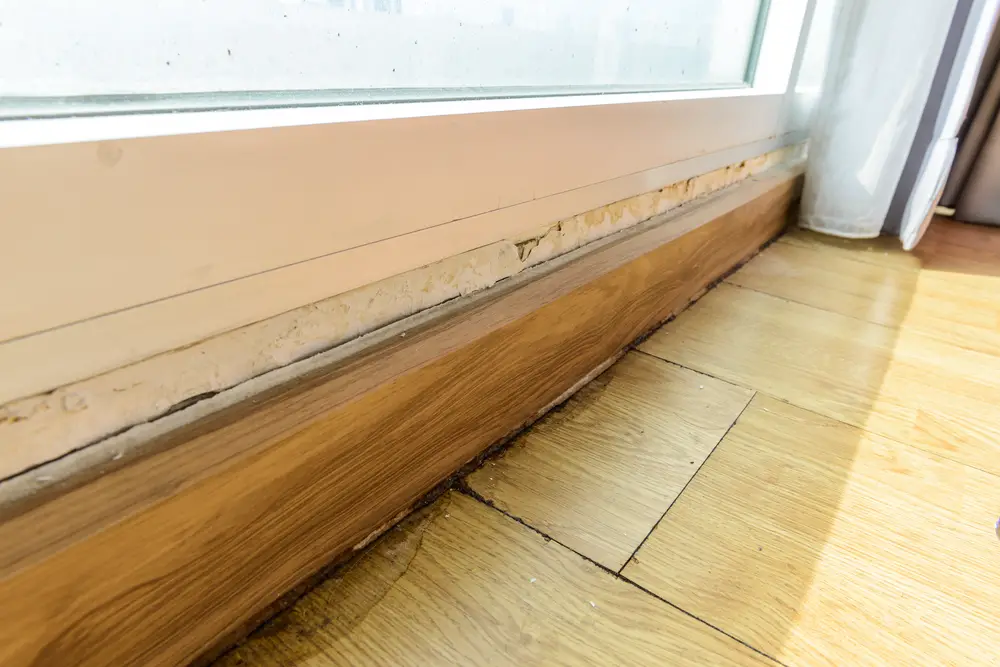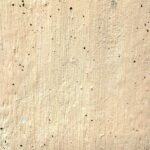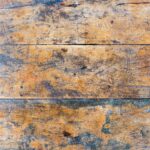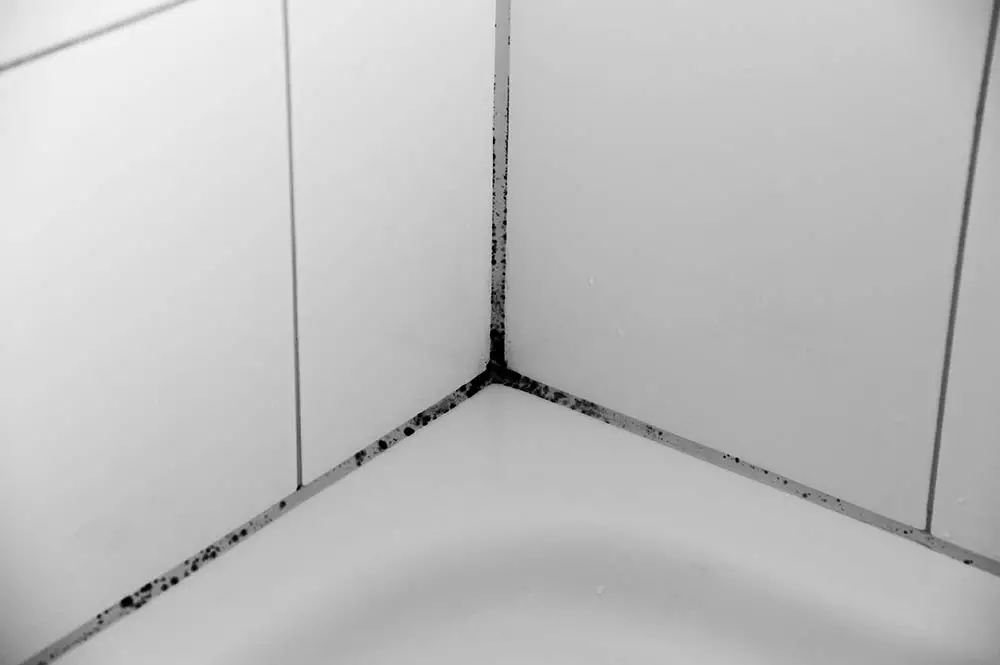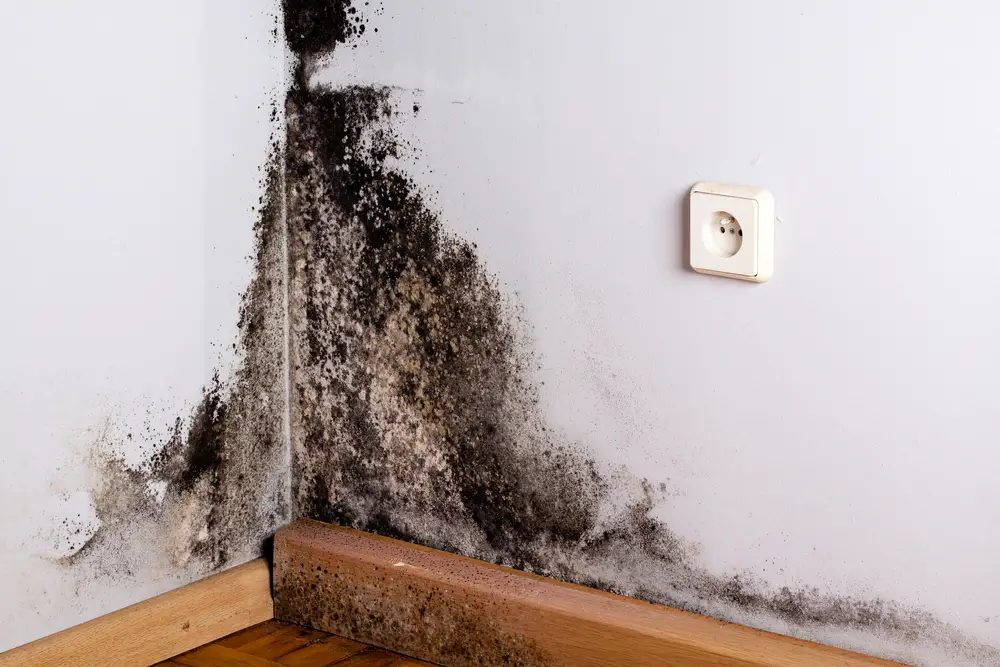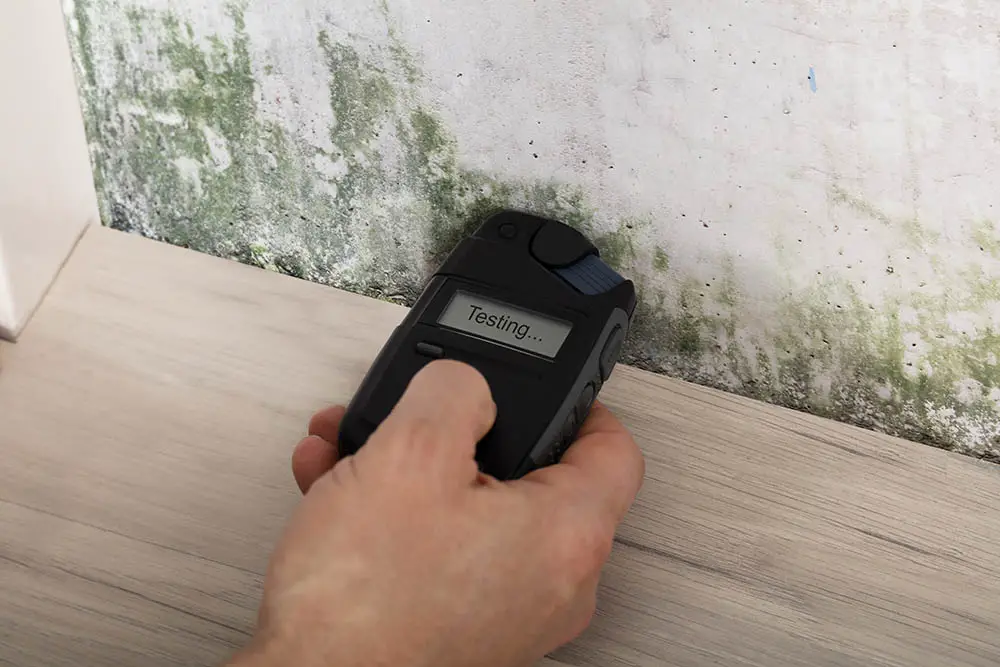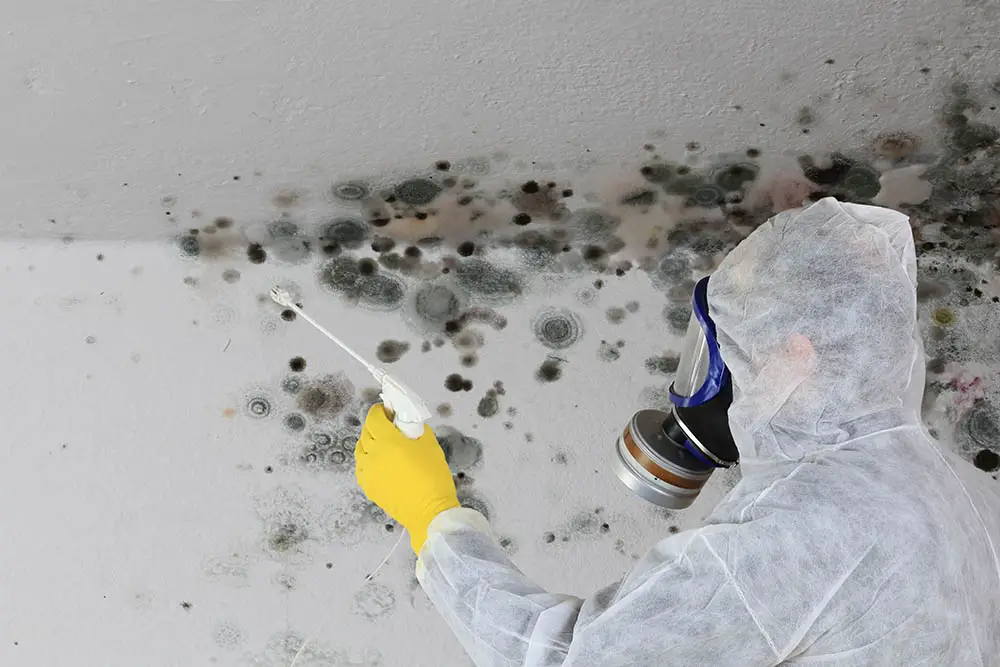Vinyl flooring is a popular and affordable choice for many homeowners. It is made from a type of plastic called polyvinyl chloride (PVC) and is available in a variety of styles and designs. It can be found in sheet, tile, and plank form and is sometimes called “resilient flooring”. Besides it being durable, it’s also easy to clean. This type of flooring is resistant to stains, scratches, and moisture, making it an excellent choice for high-traffic areas of the home. It is also easy to install and can be installed on top of existing floors, making it a great option for DIYers.
Even if Vinyl flooring is durable, it is still not exempted from having molds underneath it. Molds on your floors can get really problematic, so to help you out, we listed 10 steps to help you deal with mold on your vinyl flooring.
How can I tell if my vinyl floor has mold?
Signs of mold on vinyl floors include discoloration or staining, a musty odor, and a slimy or damp feel.
The Importance of Treating Mold from Vinyl Flooring
Mold can be a nuisance for homeowners, and it can be especially difficult to remove from vinyl flooring. Left untreated, mold can cause damage to the flooring and even lead to health problems. The good news is that mold on vinyl flooring can be removed with the right approach.
10 Steps on How to Deal with Mold from Vinyl Flooring
1. Start by identifying the type of mold. The type of mold will determine the next steps you need to take.
2. Ventilate the room. Open a window or turn on a fan to help the air circulate and remove excess moisture.
3. Clean the affected area with a mild detergent. A solution of one part water and one part white vinegar can also be effective.
4. Use a scrub brush to gently scrub the area.
5. If necessary, use a stronger cleaning solution to remove stubborn mold. A solution of bleach and water (one part bleach to four parts water) can help remove persistent mold.
6. Rinse the area with clean water.
7. Dry the area completely with a towel.
8. If necessary, use a mildew-resistant paint to cover any remaining mold.
9. Use a dehumidifier to help keep the area dry.
10. Monitor the area for any changes and repeat the process if necessary.
By following these 10 steps, you can remove mold from vinyl flooring and keep it from coming back. Remember to keep the area dry, ventilated, and free of excess moisture. If the mold persists, contact a professional for further assistance.
What can I do to prevent mold from growing on my vinyl floor?
To prevent mold from growing on a vinyl floor, make sure the area is well-ventilated and dry. Clean up spills immediately and use a dehumidifier if necessary. You should also make sure to clean your vinyl floor regularly with mild detergent and warm water. This will remove any dirt, oils, and other residues that may be present and make it harder for mold to attach. If you have a particularly difficult stain or spot, you may need to use a stronger cleaning solution.
Mold Under Your Floors
If you like this post, check out our post on Mold on your floors and how to deal with it.

